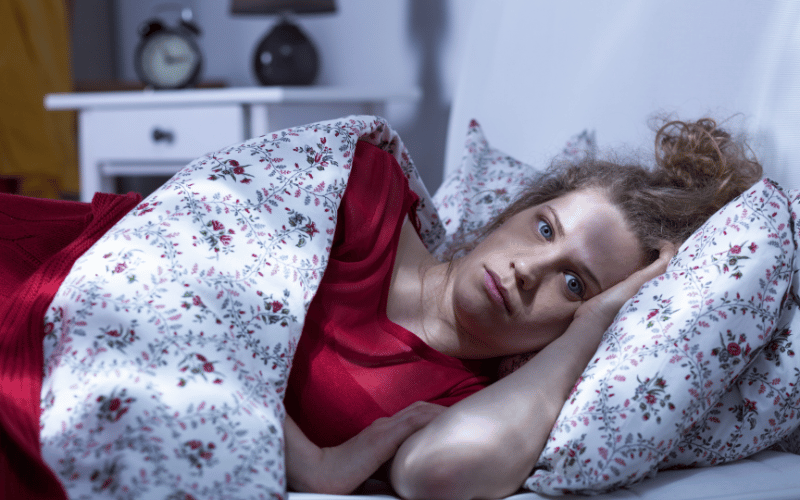8. Sleep Disruption: Nights That Don’t Feel Restful

Bruxism isn’t just an oral health issue; it’s intrinsically linked with sleep quality. Nighttime teeth grinding can cause brief moments of wakefulness, known as micro-awakenings. While these may not be long enough for the individual to remember them, they can disrupt the sleep cycle, preventing the person from reaching the deeper, restorative stages of sleep.
The repercussions of fragmented sleep are manifold. Initially, one might feel a tad groggy, thinking it’s just a bad night’s sleep. However, when this pattern repeats, it takes a toll.
Symptoms such as fatigue during the day, mood swings, decreased cognitive function, and a weakened immune system can ensue. This isn’t merely about feeling sleepy; it’s about a declining overall health profile.
Many suffering from bruxism may not even be aware that their sleep is being affected. There might be no memory of waking up or grinding the teeth. However, the telltale signs will be there: waking up feeling unrefreshed, daytime drowsiness, and sometimes even comments from partners about the grinding noises at night.
To rectify sleep disturbances caused by bruxism, it’s essential to tackle the issue from multiple angles. Using dental devices can prevent the act of grinding, leading to fewer micro-awakenings. Additionally, fostering a sleep-conducive environment, adopting a consistent sleep schedule, and considering professional sleep studies can further optimize sleep quality. (8)